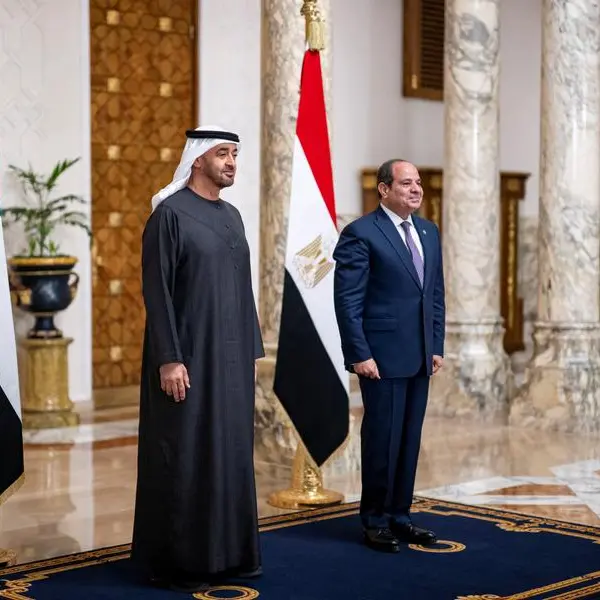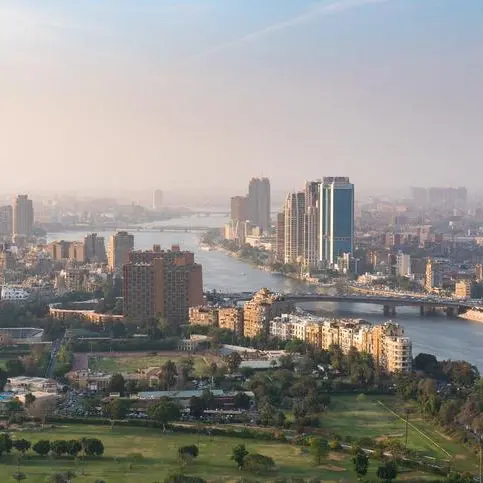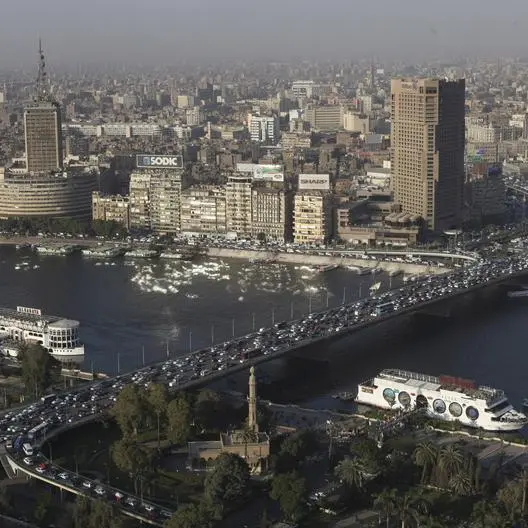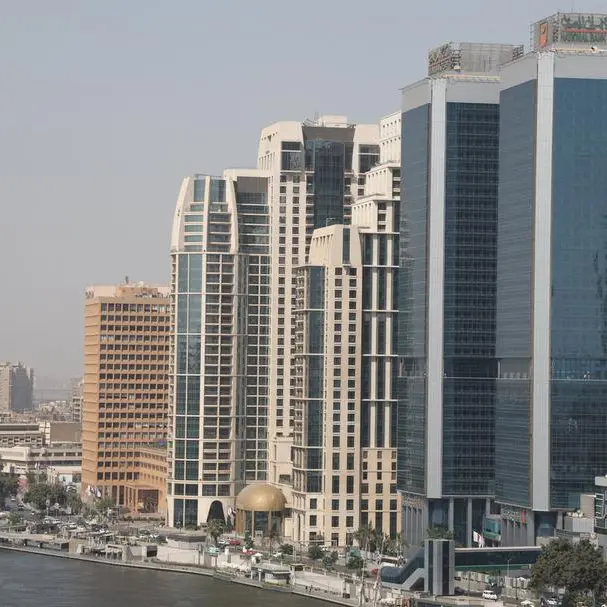PHOTO
The Egyptian government on January 31st approved the Prime Minister’s decree on cutting down the planned investment spending under the state’s general budget for fiscal year (FY) 2023/24. The approval came after the current unfavorable situation facing the Egyptian economy.
In this Factsheet, we will introduce an overview of the Egyptian public investments’ performance and how they are distributed across sectors. In addition, we will explain the rationale behind the Cabinet’s recent decision.
- The implemented investments in FY 2022/23 slightly increased by 2.5%, reaching EGP 871.3 billion as compared to EGP 850.3 billion a FY earlier.
- The growth was led by extensive investments in the electricity, oil extraction, and transport and storage sectors, which grew by 53.2%, 28.8%, and 25.2%, respectively.
- The public investments carried out in Egypt during FY 2022/23 were highly concentrated in service sectors, making up more than 80% of the total.
- Transport and storage, electricity, and water service sectors witnessed the highest rates of implemented investments, with EGP 230.7 billion (26.5%), EGP 95 billion (10.9%), and EGP 86.6 billion (9.9%) each.
- Coming after services, extraction activities, including oil and gas extraction, made up 6.5% of total implemented investments. Construction and real estate, transformative industries, and agriculture investments accounted for 5.4%, 4.1%, and 3.6%, respectively.
- In June 2023, the Ministry of Planning and Economic Development (MPED) announced the investment plan for FY 2023/24. The plan targeted achieving a 4.1% economic growth rate through the implementation of total investments worth EGP 1.8 trillion, including public investments of EGP 1.05 trillion.
- The ambitious investment plan was hit by the current economic instability in the country. The inflationary pressures resulting from the foreign currency shortage, the growing external debt, the economic consequence of the War in Gaza, and the global rise in strategic commodity prices forced the government to cut off the planned investments by 15%.
- The announced contractionary measures included postponing the work on new projects until the end of the current FY and prioritizing the completion of undergoing projects with completion rates of at least 70%. In addition to preventing contracts for any projects that require borrowing and suspending the purchase of new passenger cars.
- Cutting down public spending, including investments, is one of Egypt’s commitments under the International Monetary Fund’s (IMF) loan agreement to limit pressures on the foreign exchange market and inflation.
- The recent regional tensions have put pressure on the Egyptian economy. Hence, the government went through negotiations with the IMF to reach an agreement on a new deal that would include completing the delayed first and second reviews for the last program. The new loan is anticipated to be $12 billion from the IMF and other international partners.
Copyright © 2022 Arab Finance Brokerage Company All rights reserved. Provided by SyndiGate Media Inc. (Syndigate.info).




















